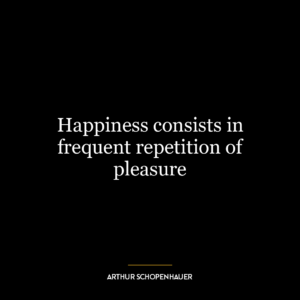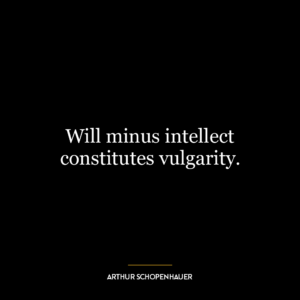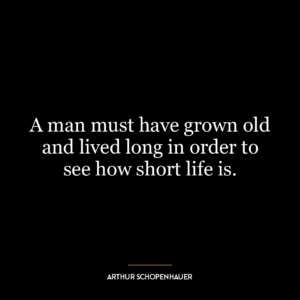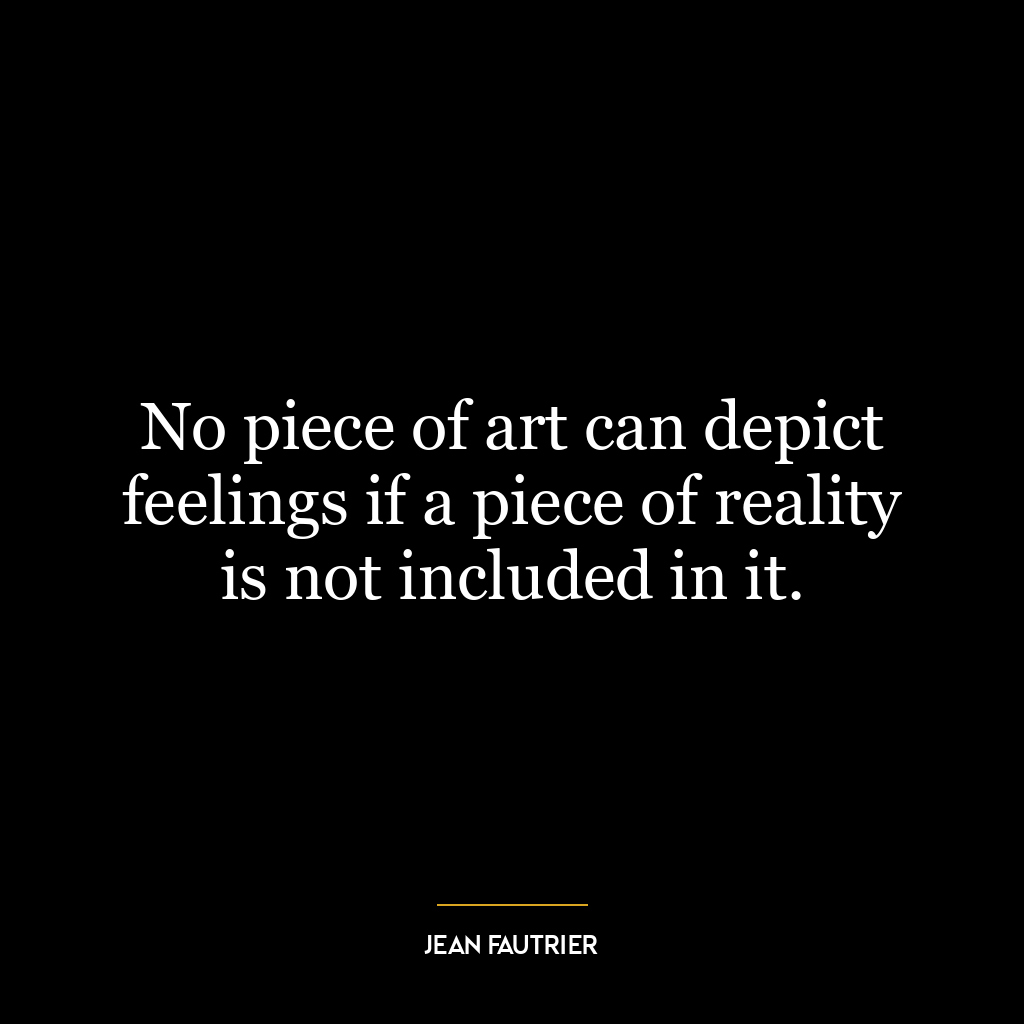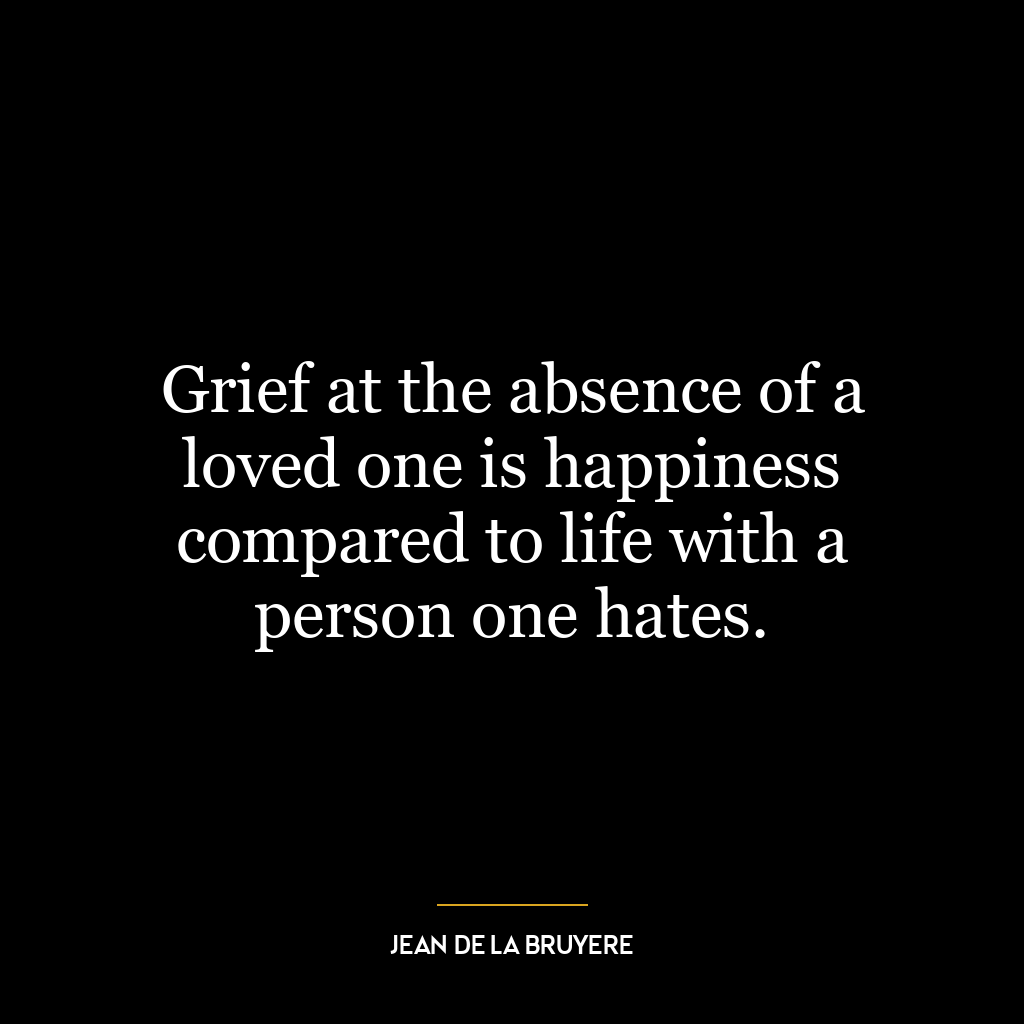Hatred is an affair of the heart; contempt that of the head.
This quote essentially suggests that hatred is an emotional response, deeply rooted in our hearts, while contempt is a mental calculation, a rational judgment formed in our heads. Hatred is often uncontrollable, a passionate feeling that arises from deep within us, often without our conscious decision. On the other hand, contempt is a conscious decision to belittle or disregard someone or something, often based on a logical evaluation of the situation.
In the context of personal development, this quote can serve as a reminder to distinguish between our emotional and rational responses to people and situations. It suggests that our emotions, like hatred, can often cloud our judgment and lead us to act impulsively. On the other hand, contempt, which is a product of our rational thinking, can make us dismissive and prevent us from seeing the full picture.
In today’s world, this quote can be applied in various contexts, such as politics, social interactions, and even online discourse. For instance, in political debates, people often feel a deep-seated hatred towards opposing views, which can lead to hostility and division. However, if they approach these differences with contempt instead, it could lead to a dismissive attitude, preventing any meaningful dialogue or understanding.
In social interactions, this quote can help us understand the difference between feeling angry or hateful towards someone (an emotional response) and dismissing or belittling them (a rational response). It encourages us to be aware of our emotional responses and not let them control our actions.
In online discourse, where people often hide behind the anonymity of the internet to spew hatred, this quote serves as a reminder that such behavior is more a reflection of the person’s emotional state rather than a rational judgment of the situation or person they are targeting.
In conclusion, the quote suggests that we should strive to balance our emotional and rational responses, not letting hatred cloud our judgment or contempt prevent us from understanding and empathizing with others. It encourages self-awareness, emotional intelligence, and rational thinking.




